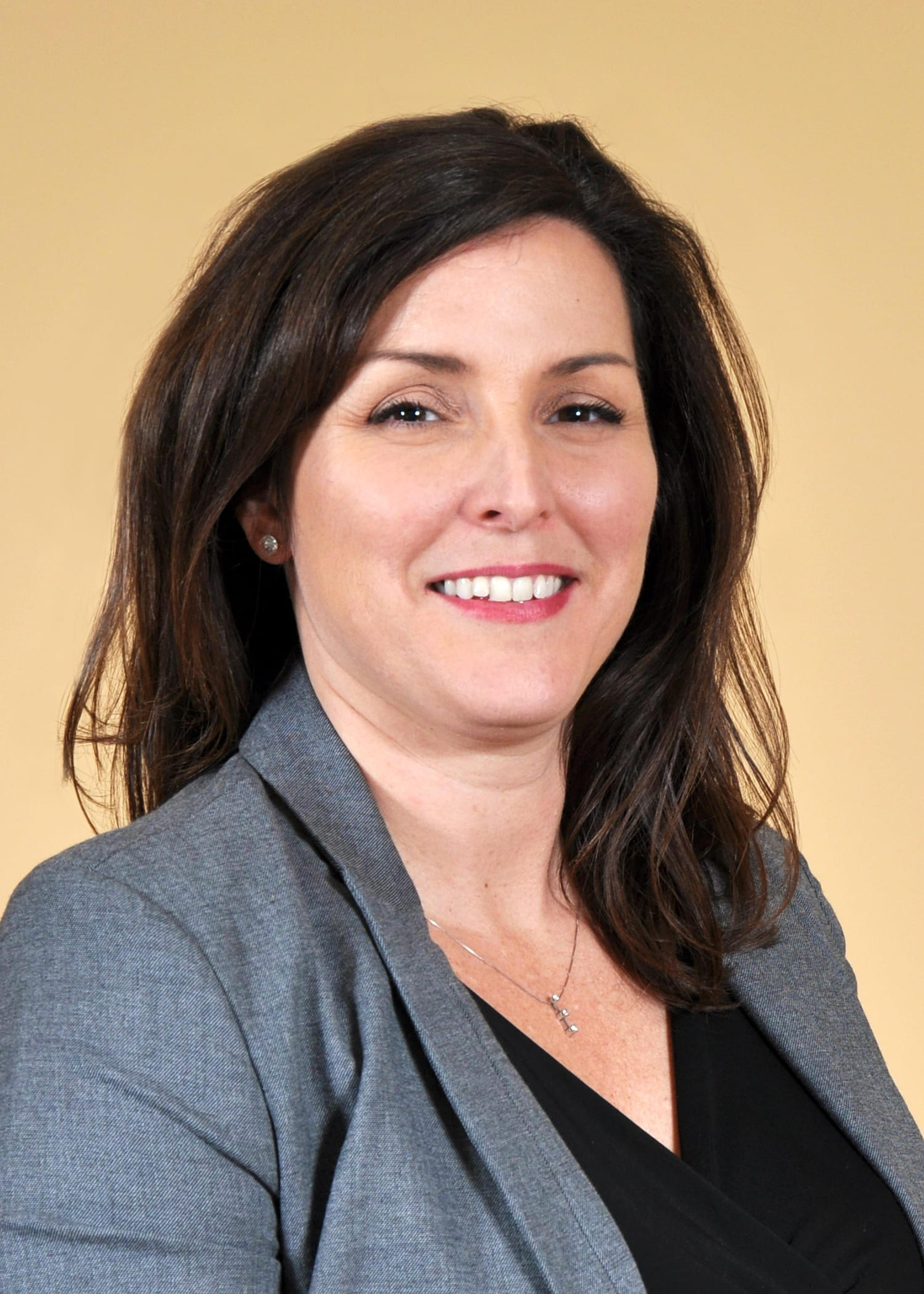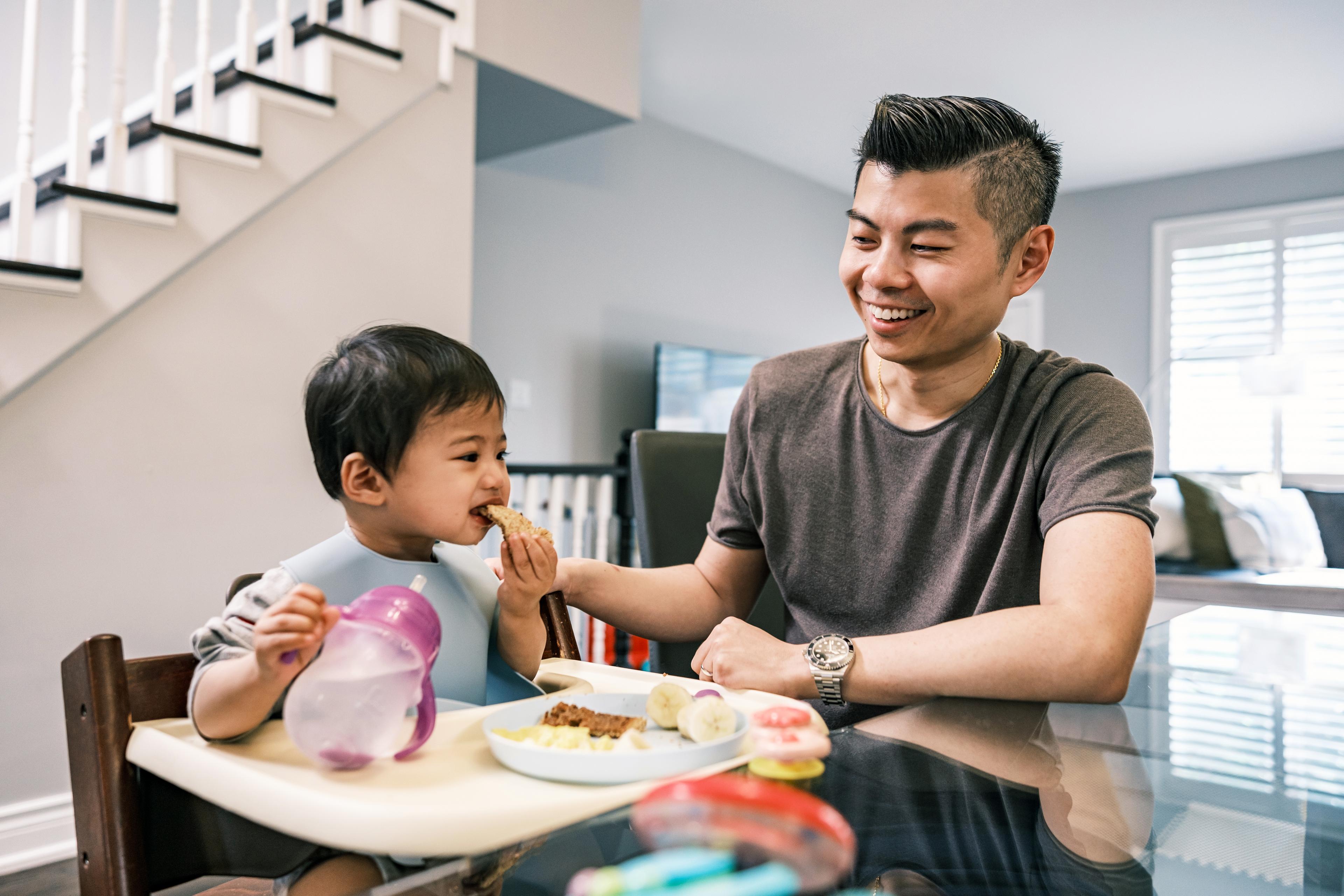Recognizing and Managing Learning Disabilities in Students

Dr. Amy McKenzie
| 3 min read

While many kids will struggle with school subjects or assignments at times, if you’re noticing a pattern with your child, it could be time to explore the possibility that they have a learning disability.
Dyslexia accounts for 80% of diagnosed learning disabilities and affects a student’s ability to read. Dyscalculia makes it difficult to understand and learn mathematical operations, while dysgraphia makes writing difficult for children.
Parents, try these steps to help identify and cope with learning disabilities in school and at home:
- Make observations: Learning and attention issues can affect a child’s reading, writing, math, organization, concentration, listening comprehension, social or motor skills. Signs and symptoms of these issues may include short attention span, poor memory and restricted coordination, as well as difficulty following directions, sequencing and staying organized. During observation, also take note of his or her strengths to better develop a resolution plan with the doctor.
- Do the research: It’s important to note the difference between a learning disability and other disorders that may impact school performance. Attention deficit hyperactivity disorder (ADHD), autism, intellectual disabilities, deafness, blindness and behavioral disorders are not learning disabilities. However, these issues may occur alongside one another and affect academic ability. For example, an estimated one-half to two-thirds of students with learning disabilities also have ADHD. In addition, it is helpful to recognize the difference in legal, medical and educational terminology. While parents are not expected to be experts on the topic, having background knowledge of how each field may describe these challenges will be helpful in understanding the child’s diagnosis and making necessary accommodations.
- Work with teachers: Children spend a lot of time with their teachers, virtually or in-person. Maintaining a strong relationship and open communication with educators is essential in supporting a child’s academic success. Schedule a meeting with the teacher to find out if they have noticed the same symptoms in the classroom or online that may have been observed at home. Ask them to complete an assessment and discuss these results with your doctor.
- Talk with your doctor: Make an appointment with the child’s pediatrician to discuss any concerns. Since learning disabilities can be genetic, it’s important to discuss any related family history and recognized symptoms. The doctor may first check for hearing and vision problems to rule these issues out before further examination.
- Request an evaluation: Schools are required to evaluate children with suspected learning disabilities under the Individuals with Disabilities Education Act (IDEA). This federal law protects the rights of children with disabilities as well as their parents. The results of the evaluation will be used to determine whether a child is eligible for special education services. If the child does not qualify, the assessment can still help determine the best way to move forward.
- Create a plan: Work alongside the child’s doctor and teacher to create a personalized management and intervention plan. This should include ways to support the child at school and at home, as well as tools and methods to cope with symptoms.
- Empower your child: While there is no cure for a learning disability, support and communication have substantial impacts on future success. Explain that everyone learns differently, and his or her potential is not limited by these challenges. Maintaining open communication with everyone involved is especially important in managing a learning disability. Though every child is different, connecting with other parents in a similar situation can provide a great source of support and advice.
About the author: Dr. Amy McKenzie, MD, is the associate chief medical officer for Provider Engagement at Blue Cross Blue Shield of Michigan.

Related:
Photo credit: damircudic





